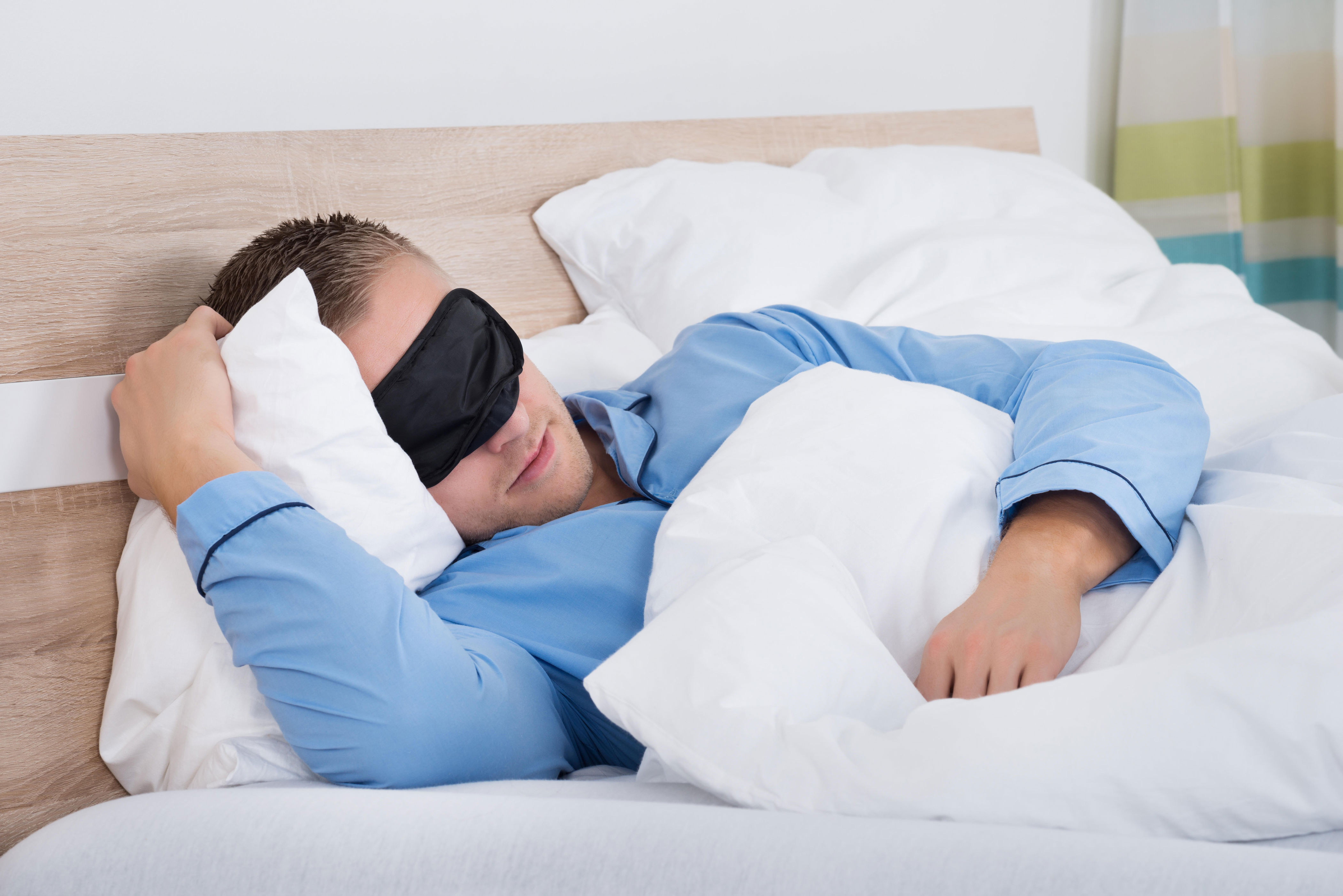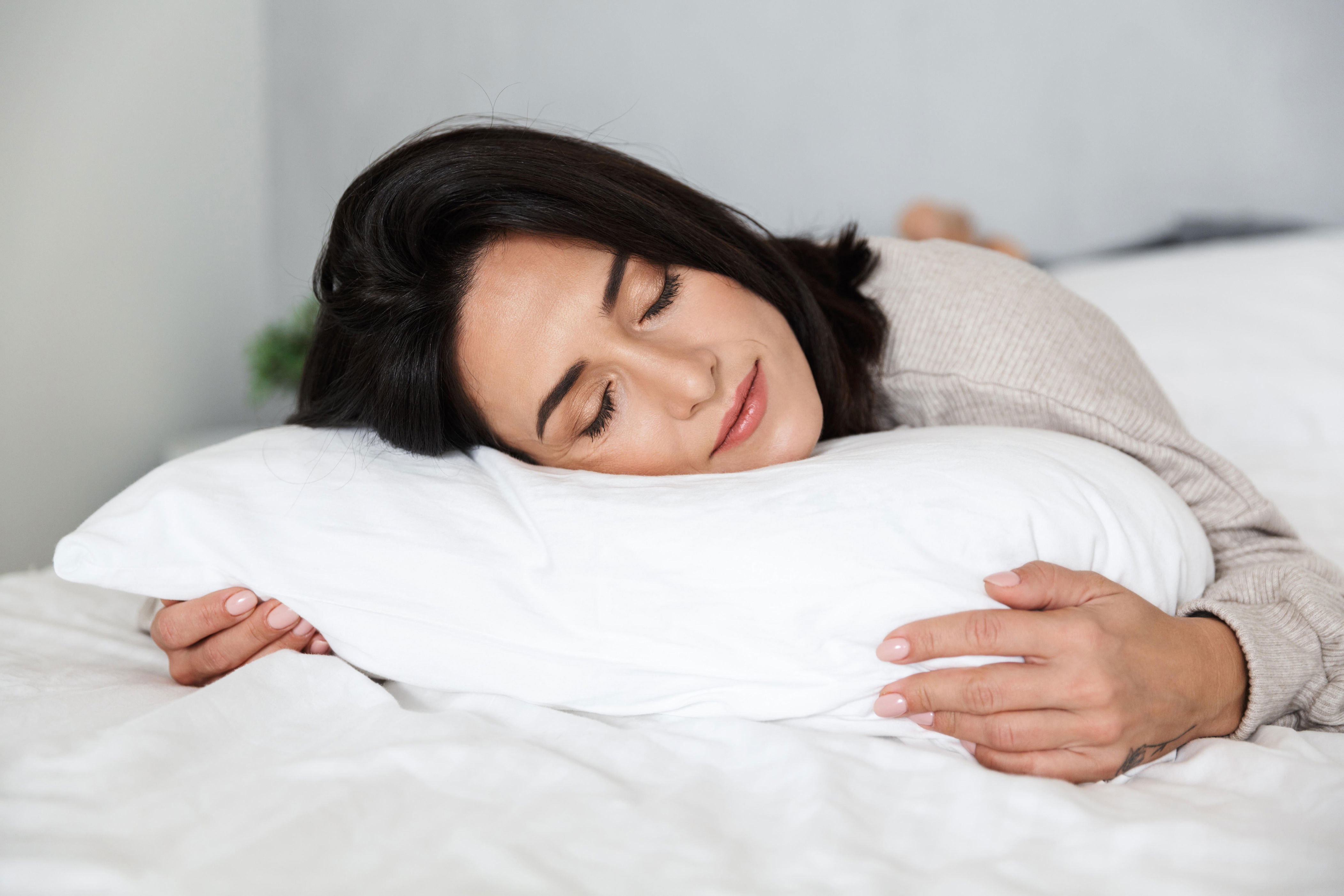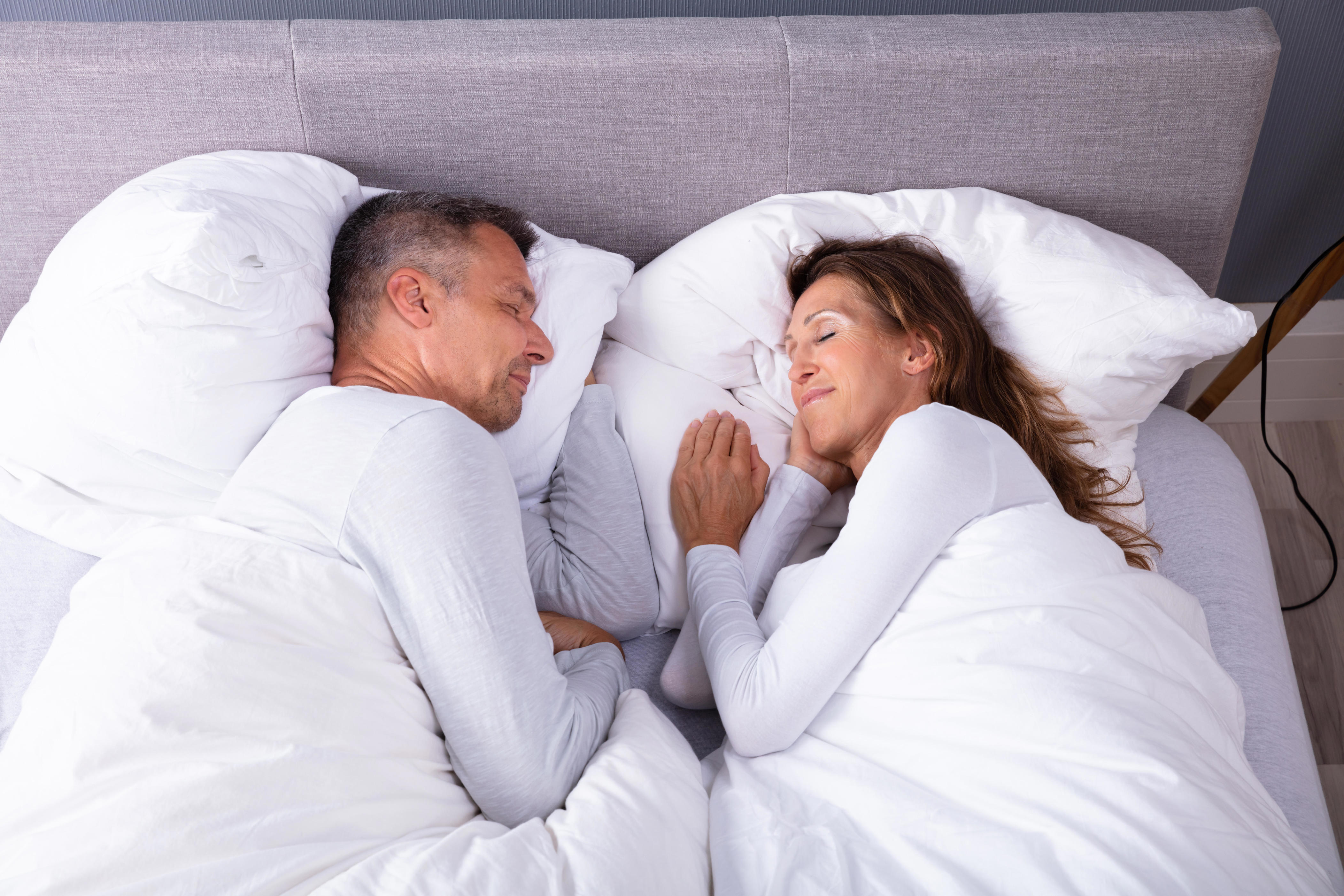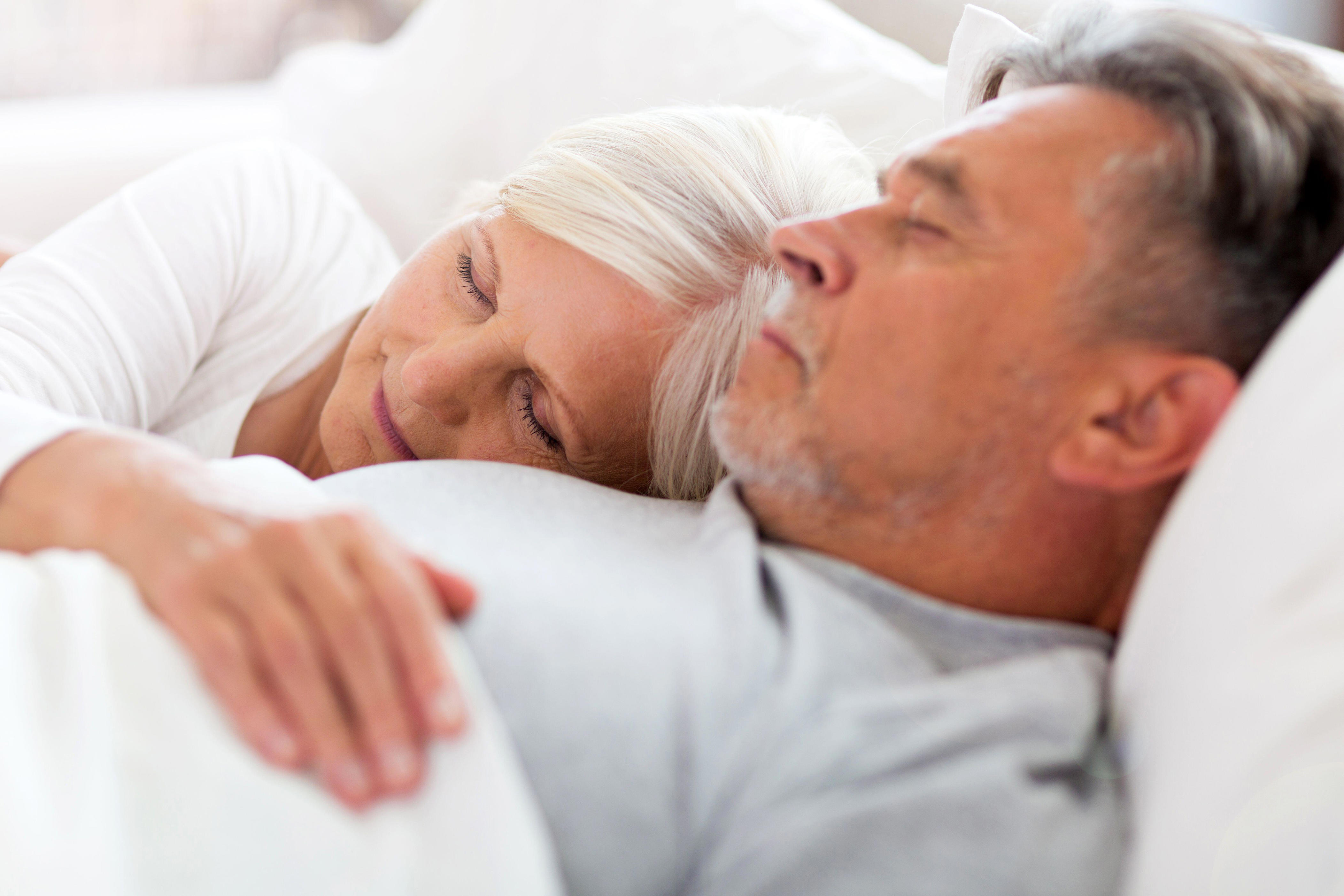Experts Unveil the Sleep Secrets for Every Age Group: How Much ZZZ Time You Really Need Each Night
As is commonly recognized, adults should get around seven to nine hours of sleep Per night regardless of age.
However, every phase of life has its distinct biological, cognitive, and developmental requirements, potentially having a considerable impact on how we sleep.
Alongside this, the stress and responsibilities of different stages of adulthood can drastically impact our quality of sleep.
With this in mind, here experts reveal how much sleep each age group should get a night:
Early adulthood: 18-25
Young adults tend to go to bed later at night and prefer a lie-in in the morning (Alamy/PA)”During this age period, cognitive functions, emotional regulation and the maturation of the brain’s prefrontal cortex (responsible for decision-making and impulse control) are all heavily influenced by adequate sleep,” says Denise Iordache, sleep therapist and founder of JoySpace Therapy .

Therefore, between seven and nine hours of sleep every night is needed to support brain development, learning and memory consolidation.
“Young adults benefit from high melatonin production, meaning they find it easier to get to and stay asleep,” says Dr Hana Patel, NHS GP and resident sleep expert at Time4Sleep . “However, they are more likely to have shifting circadian rhythms, going to bed later at night and preferring to lie in in the morning.”
Young adults: 26-44
Once people reach full adulthood, their bodies and brains are fully developed, and their circadian rhythms tend to stabilise.
“During this period, circadian rhythm stabilises, with most adults being able to maintain regular sleep patterns,” says Iordache. “Melatonin production starts to decline slightly with age, but sleep-wake cycles remain relatively stable.”

Many adults in this age range have busy schedules, so maintaining consistent bedtimes and wake-up times is important for overall health and wellbeing.
“Adequate sleep during this period is important for cognitive function, physical health, and stress management.” explains Theresa Schnorbach, psychologist and sleep expert at Emma – The Sleep Company . “However, work and family responsibilities may impact adults’ sleep schedules.”
Iordache adds: “Their bodies still recover well from sleep, but insufficient rest can lead to fatigue, affecting physical and mental health.”
Middle-age: 45-59
As people reach middle age, their body’s efficiency at repairing itself may start to decline.
“Those aged between 45-59 may need slightly more sleep to feel fully rested and recover from daily activities,” says Schnorbach. “They also might experience more difficulty falling and staying asleep.”

People in this age group might also start going to bed earlier. “Circadian rhythms may start to shift, with a tendency to feel tired earlier in the evening,” adds Iordache.
Hormonal fluctuations can significantly affect the quality of sleep for middle-aged individuals, particularly in women experiencing perimenopause and menopause.
Patients frequently mention having disrupted sleep during menopause," says Patel. "This is typical for those going through menopause because fluctuating estrogen levels can lead to night sweats, difficulty tolerating heat, insomnia, and sometimes even nightmares.
Mature adults: 60+

Sleep plays an essential role in sustaining cognitive abilities and immune system health during this phase of life," says Iordache. "As our bodies age, they demand longer periods for recovery; however, various elements such as pre-existing medical issues, drug consumption, and alterations in body clocks can influence sleeping habits.
Seniors frequently undergo a typical change in their internal body clocks.
Circadian rhythms frequently move forward, resulting in earlier sleep and waking times," says Schnorbach. "Additionally, melatonin production might decline.
Individuals aged 60 and above are also more susceptible to encountering sleep-related problems. "As people reach their senior years, they become more inclined to develop disorders such as sleep apnea and insomnia; consequently, numerous individuals older than 60 often face inadequate sleep," according to Patel.
Maintaining consistency is essential for enhancing quality. As Schnorbach points out, "Retiring and rising at the identical times each day aids in synchronizing your body's internal clock, which makes it simpler to doze off and awaken with renewed energy."
Ensure you get plenty of daylight exposure throughout the day as well.
Exposure to natural light can increase your energy, enhance your mood, and adjust your sleep-wake pattern," says Schnorbach. "This type of light aids your body in producing serotonin, which then transforms into melatonin, the hormone that controls sleep.
Practicing relaxation methods prior to bedtime can assist in soothing your thoughts and getting your body ready for sleep. As suggested by Schnorbash, "Include peaceful activities such as writing in a journal or reading to help empty your mind and lessen anxiety."
The Independent has consistently maintained a worldwide viewpoint. Rooted in strong foundations of exceptional international coverage and analysis, The Independent now boasts a reach far beyond what was imaginable when it emerged as a newcomer in Britain’s media landscape. In this era, for the first time since the conclusion of the Second World War, these core principles—pluralism, rationality, progressivism, humanism, and global engagement—are facing challenges globally. Despite this, The Independent continues to expand its influence.





